Shares of public opinion on immigration have shifted in recent years, with a growing number of Americans expressing disapproval of reduced immigration. According to a Gallup poll, 30 percent of Americans now want immigration decreased, a decline from 55 percent a year ago. This shift in public opinion has been attributed to a variety of factors, including the changing demographics of the country and the growing awareness of the complexities surrounding immigration policy.
In a recent podcast discussion, Astead Herndon, host and editorial director at Vox, and immigration reporter Molly O'Toole, unpacked the latest polls and their implications for immigration policy. Herndon noted that while some Americans may still support reduced immigration, the majority of voters did not sign up for the deportation of non-criminal immigrants, such as grandparents or other family members. "We're seeing a shift in public opinion, and it's not just about immigration," Herndon said. "It's about the kind of immigration policy we want to have, and who we want to prioritize for deportation."
The Trump administration's immigration policies, which included increased funding for immigration enforcement and the opening of new detention centers, have been a major factor in the shift in public opinion. The administration's efforts to push more Immigration and Customs Enforcement (ICE) and Customs and Border Patrol (CBP) troops into US cities have also been widely criticized. "The Trump administration's policies have been a major driver of this shift in public opinion," O'Toole said. "But it's not just about the policies themselves, it's about the way they've been implemented and the impact they've had on communities."
The shift in public opinion on immigration has significant implications for policymakers. As the country moves forward, lawmakers will need to consider the complexities of immigration policy and the needs of different communities. "We need to have a more nuanced conversation about immigration," Herndon said. "We need to talk about who we want to prioritize for deportation, and who we want to keep in the country."
In recent years, the US has seen a significant increase in the number of immigrants being deported. According to data from the Department of Homeland Security, the number of deportations has increased by 20 percent since 2020. This trend is expected to continue, with many experts predicting that the number of deportations will continue to rise in the coming years.
The shift in public opinion on immigration has also been reflected in the growing number of protests and demonstrations across the country. In recent weeks, protesters have gathered outside federal courthouses and detention centers, demanding accountability and an end to the deportation of non-criminal immigrants. "We're seeing a growing movement of people who are demanding change," O'Toole said. "And it's not just about immigration, it's about the kind of country we want to be."
As the country moves forward, policymakers will need to consider the complexities of immigration policy and the needs of different communities. The shift in public opinion on immigration is a clear indication that Americans are rethinking their stance on immigration, and it's likely that this trend will continue in the coming years.
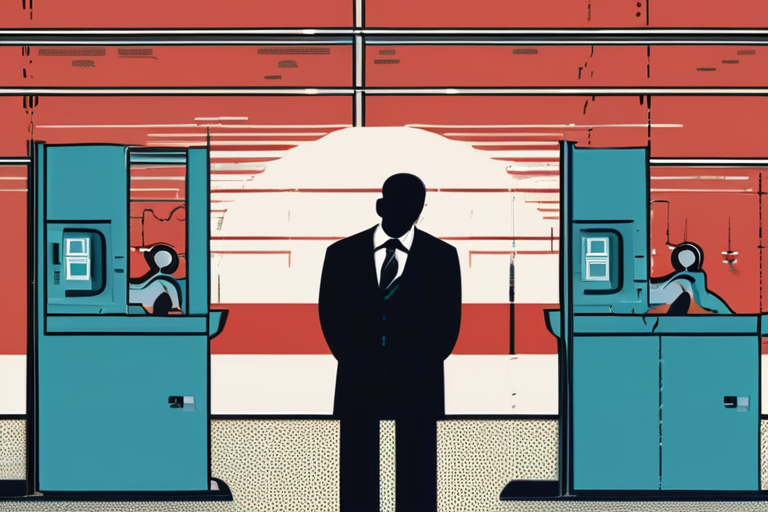


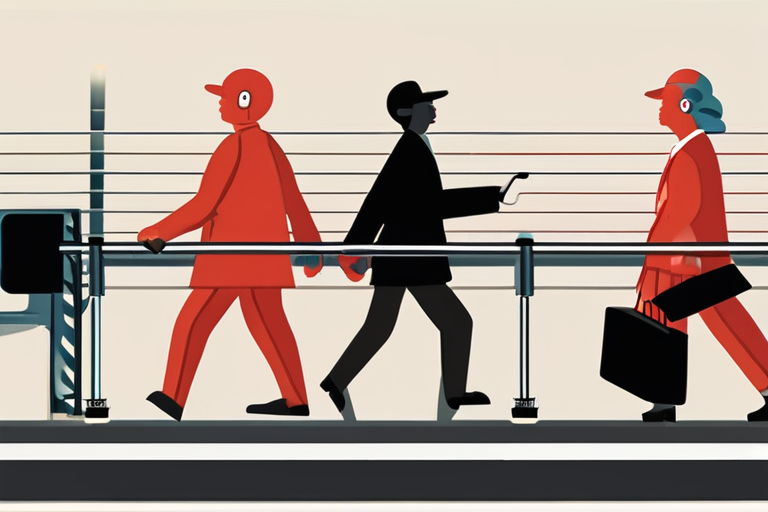






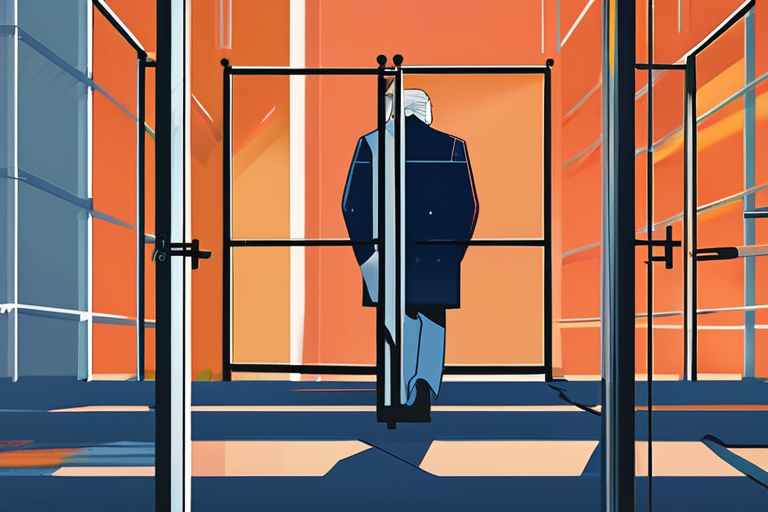

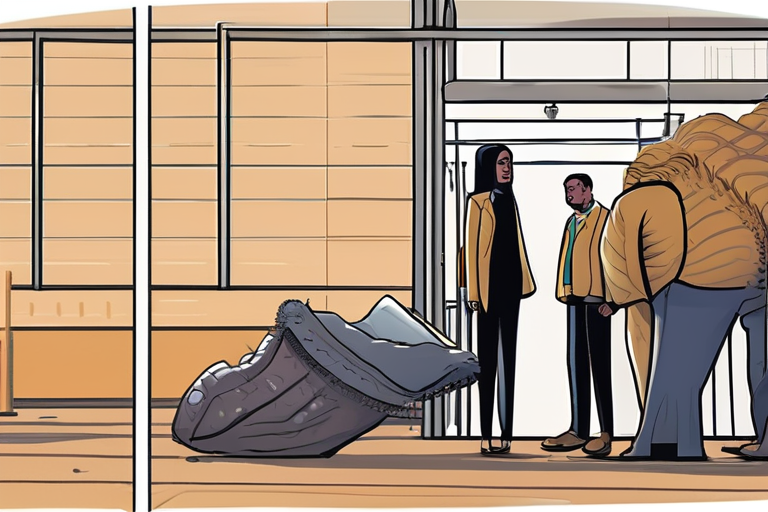




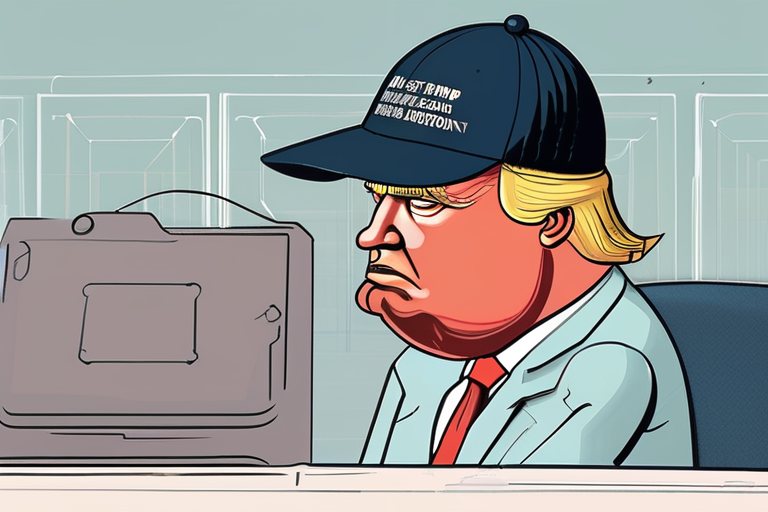


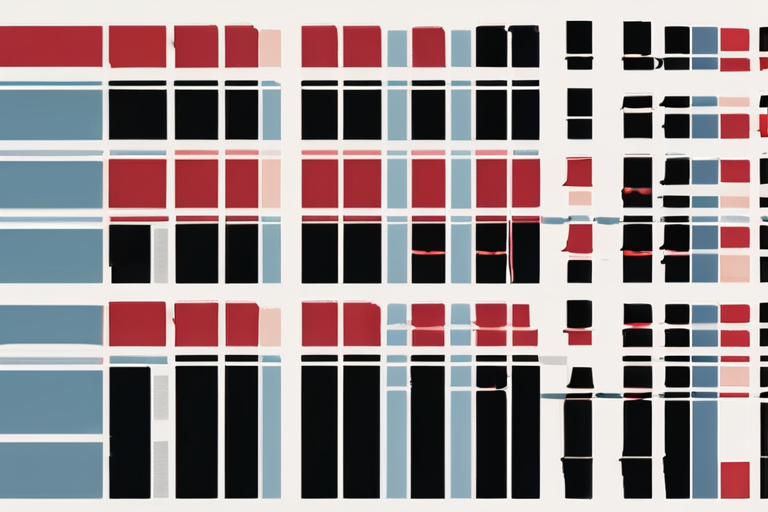


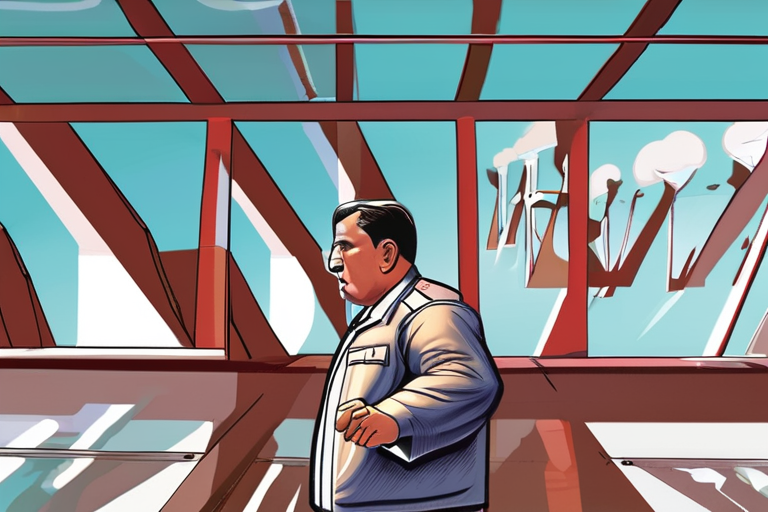


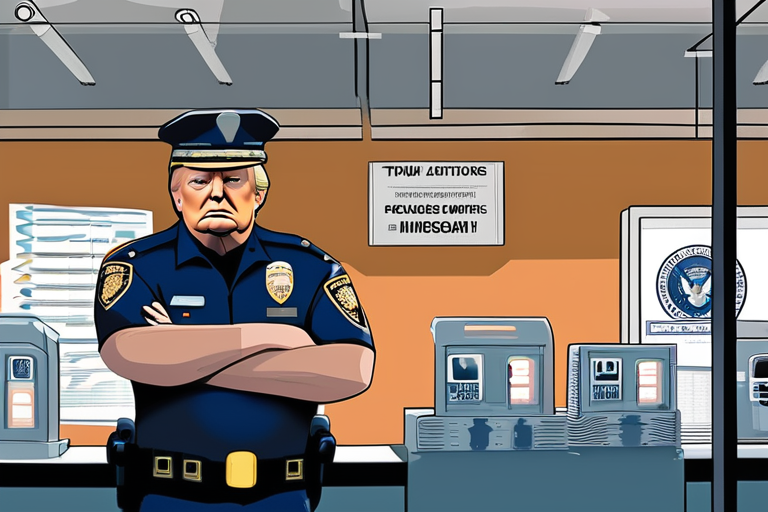
Share & Engage Share
Share this article